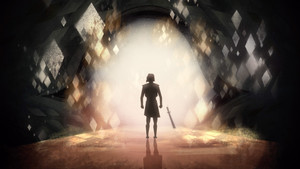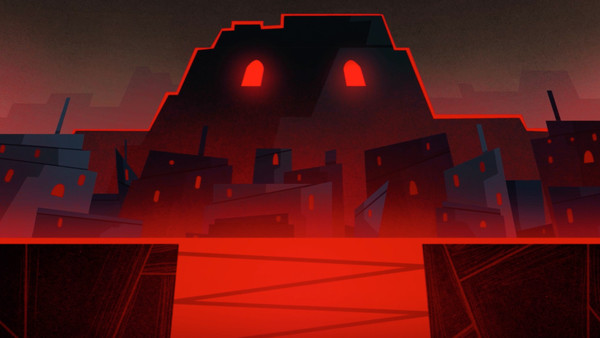

The City
Why does the Bible open with a garden as the ideal space but close with a heavenly city? Explore the surprising theme of the city in the Bible.
Reflect
In the ancient world, what key structure made a group of houses into a city? What purpose did it serve?
In Genesis 10:8-10, we see a city builder named Cush conquering people and building cities. For him, what were cities all about? In Genesis 11:1-4, we see another major city project underway. Why were these people constructing a city?
How is the purpose of God’s garden in Eden similar to or different from the purpose of cities operating with the logic of Cain’s city?
We might think that God plans to do away with cities altogether, but there’s a twist. What is the surprise of the biblical story as it relates to cities? Why is this significant?
Read Matthew 5:1-16. Although Jesus does not focus on cities in this passage, he does describe the ethics of God's Kingdom, and he compares his followers to a city on a hill. How is the mindset in Jesus' “city” different from the mindset in Cain's city and/or Babylon?
Take time to discuss other themes, questions, or key takeaways from what you learned about the biblical theme of the city.
Jump In
Downloads
Biblical Themes

The Wilderness

Redemption
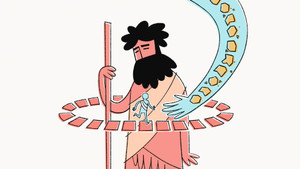
The Exodus Way

The Mountain
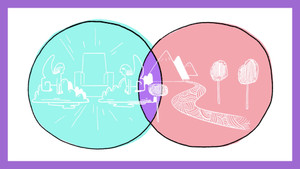
Heaven & Earth

The Messiah
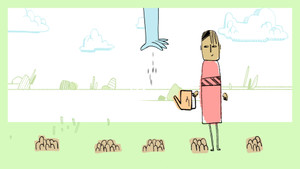
The Covenants
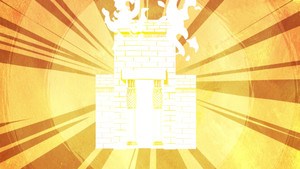
Holiness
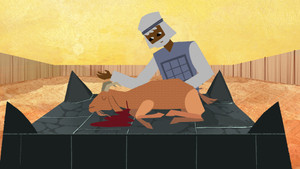
Sacrifice and Atonement
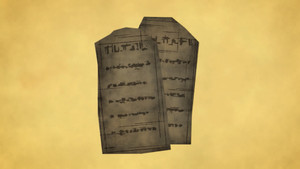
The Law
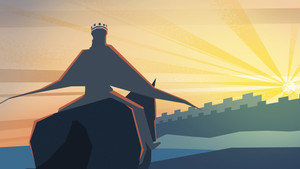
Gospel of the Kingdom

Image of God
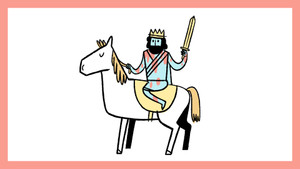
Day of the Lord
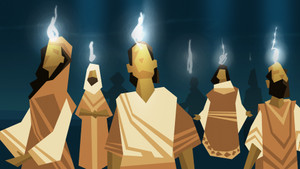
Holy Spirit
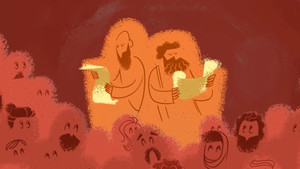
Public Reading of Scripture
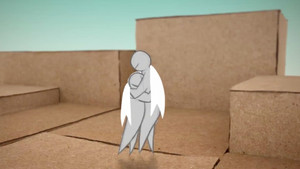
Justice
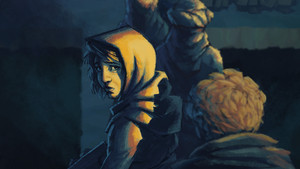
Exile
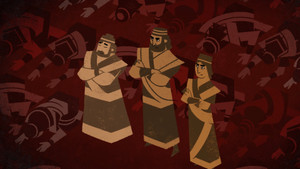
The Way of the Exile
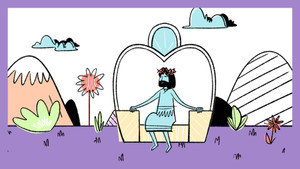
Son of Man
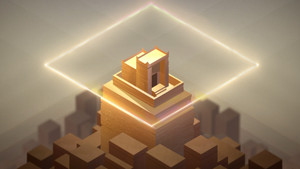
Temple

Generosity

Sabbath
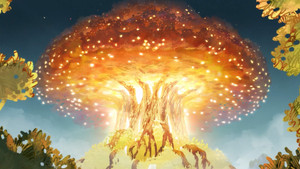
Tree of Life
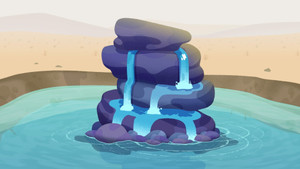
Water of Life
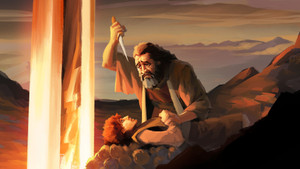
The Test
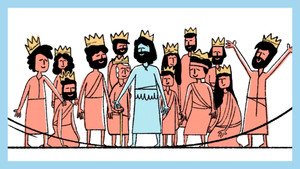
Eternal Life
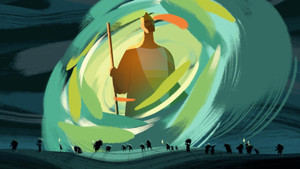
Blessing and Curse
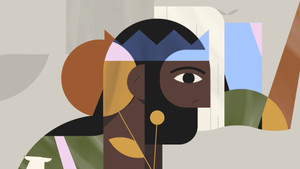
The Last Will Be First
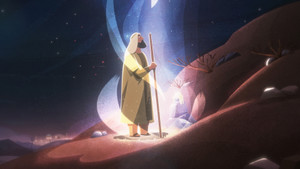
Anointing

The City
